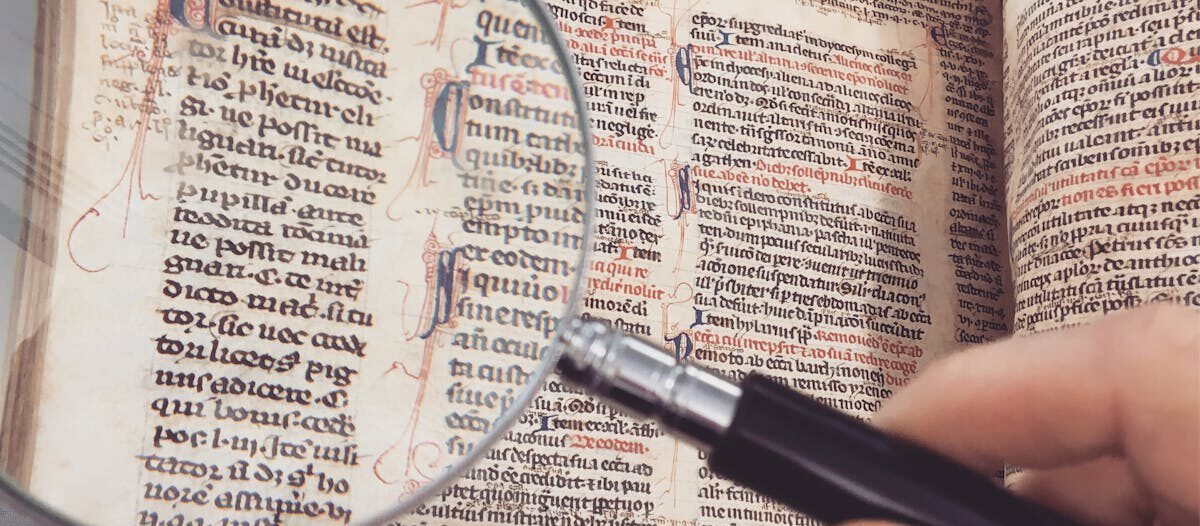In the modern world, we are often conditioned to seek clear, definitive answers. Whether from experts or institutions, society places a premium on the concrete, the measurable, and the neatly explained.
But when we deal with inner concepts—those that arise from personal transformation, metaphysical insight, and unseen realms—this need for definition can become limiting.
It’s here that we must embrace the art of describing rather than defining.
The difference between describing and defining might seem subtle, but it carries profound implications for how we share knowledge, especially knowledge that transcends the material.
A definition confines. It offers a clear boundary, locking a concept into fixed parameters, leaving little room for personal interpretation or growth. Defining is useful in science (vitenskap, Norwegian word for science), where clarity and precision help navigate the physical world.
But inner knowledge—what the Norwegians might call viten—cannot be so easily defined. It lives in a space that is fluid, dynamic, and deeply personal.
To describe viten is to allow it to breathe, to give others the space to experience it in their own way and to let it evolve as it touches different lives. This is the essence of conveying concepts like those found within TULWA or The Spiritual Deep, where universal truths cannot be pinned down as final answers but must remain open-ended enough to invite personal exploration.
Describing allows these concepts to remain alive and adaptable, rather than turning them into dogma.
But this approach isn’t without its challenges, and I’ve felt it on a personal level. There is an almost unquenchable need within me to deconstruct everything—both within myself and everything I’m connected to.
This isn’t done for the sake of destroying or undermining, but to rebuild in a less rigid, more fluid way. A way that invites questioning for the sake of growth, not for final, absolute truths.
I’ve been asked countless times by those who engage with my work: “Why can’t you just give me the answer? Why do I have to read all these long articles that leave me with even more questions?” This frustration is understandable.
In a world that craves easy conclusions, describing things in a way that leaves room for further inquiry can feel unsatisfying, even maddening. But the truth is, I need to resist the pull to provide final answers. Offering neat, packaged conclusions would undermine the very foundation of what I seek to achieve.
In Norwegian, there’s a crucial distinction between viten and vitenskap. The word viten refers to knowledge in its raw, living form—knowledge that is fluid, intuitive, and open to question.
Vitenskap, by contrast, is knowledge that has been confined, boxed in (skap), structured like a closet that holds things in a defined space. In my work, I strive to keep things in the realm of viten—alive, open, and ever-evolving.
This process of deconstruction, of breaking things down in order to rebuild them in a way that invites more inquiry, is essential to my philosophy. It’s part of how I reclaim the questioner’s power, a cornerstone of TULWA.
To question isn’t about rejecting what is, but about constantly seeking new ways to grow. This contrasts sharply with the passivity that often comes with accepting digested answers from experts—answers that, while convenient, rarely lead to true transformation.
If we, as individuals and as a collective, are ever going to break free from the repeating cycles that have led us to the current state of the world, we must embrace the questioner’s power.
Accepting pre-packaged truths has not led to a better place for humanity. It’s only through relentless questioning—through a commitment to not settle for final answers—that we can begin to shift our trajectory.
This can be a lonely and difficult path. There are times when it feels like the forces upholding the status quo are too massive to overcome. But this inner need to deconstruct and rebuild, to describe rather than define, continues to drive me forward.
Maybe, just maybe, the work we do today will plant seeds that will one day grow into something far greater than we can see now. Perhaps my impact will not be fully realized in my lifetime. Perhaps the real change will come long after I am gone.
But if I can continue to share this alternative path—if we, together, can keep describing a way forward that is less rigid, more open, and focused on personal growth rather than predefined truths—then there is hope.
Hope that the future will be shaped by those willing to reclaim the questioner’s power and forge their own understanding.
